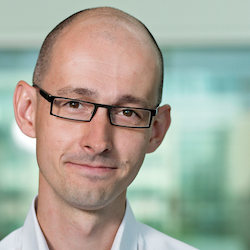
Andrzej Wąsowski (the coordinator of REMARO), professor of software engineering at IT University of Copenhagen, expert on software quality and reliability. He has experience with formal semantics, concurrency, model checking, model-driven engineering, testing and software architecture. Prof. Wąsowski has worked with quality of robotics software platforms and bug elimination in other open source projects. This interest is shifting towards safety and reliability of robotics software in general. In REMARO, Andrzej will supervise projects in software engineering and formal methods for AI in robotics systems.
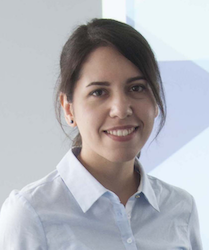
Mahsa Varshosaz (the deputy coordinator of REMARO), postdoc in the Computer Science department at IT University of Copenhagen. Her research interests include testing and automatic repair of software systems, verification (in particular model checking) of software systems, and analysis of highly configurable systems. In the past few years, her research has been focused on investigating and developing modelling and model-based testing approaches for highly configurable systems. Her recent line of work involves automatic program repair for software systems, where the goal is to reduce the effort of programmers to fix bugs by suggesting a set of possible fixes which are generated automatically. In REMARO, Mahsa will supervise projects on reliability for AI in robotics systems.
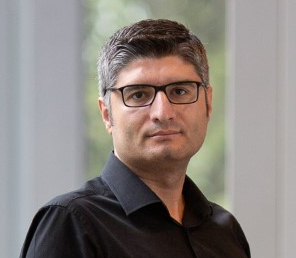
Erdal Kayacan holds a Ph.D. in electrical and electronic engineering from Bogazici University, Turkey. After a post-doc at KU Leuven‘s division of mechatronics, biostatistics and sensors (MeBioS), he worked in Nanyang Technological University at the School of Mechanical and Aerospace Engineering. Currently, he is associate professor at Aarhus University, Department of Engineering, where he leads the Artificial Intelligence in Robotics (Air Lab) laboratory. Dr. Kayacan is co-author of a text book “Fuzzy Neural Networks for Real Time Control Applications, Concepts, Modeling and Algorithms for Fast Learning“. He is an Associate Editor of IEEE Transactions on Fuzzy Systems and Technical Editor of the IEEE/ASME Transactions Mechatronics.
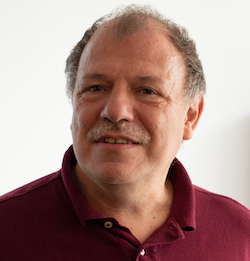
Michael Beetz is Full Professor of Computer Science at the Faculty for Mathematics & Informatics of the University Bremen and head of the Institute for Artificial Intelligence (IAI). The institute investigates methods for cognition-enabled robot control. The research is at the intersection of robotics and AI and includes methods for intelligent perception, dexterous object manipulation, plan-based robot control, and knowledge representation for robots.
Michael Beetz is also the coordinator of the German collaborative research centre EASE (Everyday Activity Science and Engineering, since 2017) and the spokesperson of the university´s high-profile Area “Minds, Media, Machines”. In February 2020 he was listed in 4th place as one of the most influential researcher in robotics in the AI 2000 ranking. His research interests include plan-based control of robotic agents, knowledge processing and representation for robots, integrated robot learning, and cognition-enabled perception.
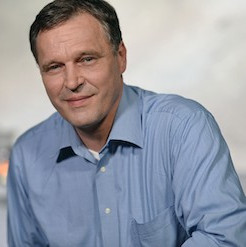
Frank Kirchner is Executive Director of DFKI Bremen and in charge of the research department “Robotics Innovation Center”. Founded in 2006, the institute is building upon the fundamental research of the Robotics Research Group led by Kirchner at the University of Bremen. Since 2002, Kirchner has held the chair for robotics in the faculty of mathematics and computer science. Kirchner studied and obtained his doctorate at the University of Bonn and worked as a senior researcher at the Gesellschaft für Mathematik und Datenverarbeitung (GMD) in Sankt Augustin and at the Faculty of Electrical Engineering at Northeastern University in Boston (USA). He was awarded an honorary doctorate in 2017 by the Brazilian Institute of Robotics for his achievements in the field of robotics and AI. Frank Kirchner is one of the leading experts in the field of biologically inspired behavior and motion sequences of highly redundant, multifunctional robot systems. He supervises a variety of doctoral theses and is the author of more than 350 publications in the field of robotics and AI.
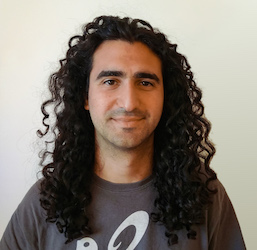
Bilal Wehbe is a researcher at DFKI Robotics Innovation Center. He holds a PhD from the Faculty of Mathematics and Computer Science at the University of Bremen, a Masters in Mechanical Engineering from the American University of Beirut, and a Diploma in Mechanical Engineering from the Lebanese University. His PhD thesis involved the use of Machine Learning to identify the dynamic models of underwater robots and adapt them to changing environmental conditions, detecting and recovering form possible failures that might occur during autonomous underwater missions. His research interests include Robot Model Identification and Control, Reinforcement Learning, Life-long Machine Learning, and their applications to Underwater Robotics. Mr. Wehbe was a fellow of the Marie Curie ITN project ROBOCADEMY. Bilal has more than 5 years of professional experience as a robotic research engineer and more than 20 peer-reviewed publications.
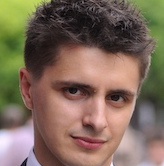
Yury Brodskiy is a Computer Vision specialist at EIVA A/S in Aarhus. He has experience with robot reliability, robot motion-control systems and computer vision. Throughout his work in the industry, he has contributed to the development of actively used high-reliability medical robots and high-precision lithographic systems. His recent work focuses on creating underwater visual SLAM methods applicable to the maritime survey and engineering operations. In REMARO, Yury will supervise projects on reliable vision and underwater navigation in collaboration with the University of Aarhus and the IT University of Copenhagen.
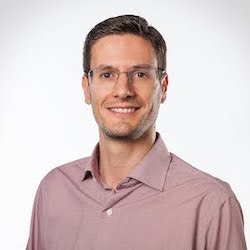
Carlos Hernandez Corbato is Assistant Professor at Robot Dynamics, Department of Cognitive Robotics, Faculty of Mechanical, Maritime and Materials Engineering, Delft University of Technology. In 2016, Carlos led Team Delft to win the Amazon Robotics Challenge. He is coordinator of ROSIN and MROS European projects about robot software. He holds degrees in general engineering (2006) and in automation and robotics (2008) from the Universidad Politecnica de Madrid. He graduated Sobresaliente Cum Laude as International Doctor in 2013 at the Autonomous Systems Lab in Madrid. Carlos’ research centers on cognition and autonomy, including: software architectures for intelligent robot control, knowledge representation and reasoning, model-based systems engineering and self-adaptive systems. In REMARO Carlos will supervise the PhD project on “Metacontrol for reliable autonomous operation of underwater robots” together with dr. Ferranti.
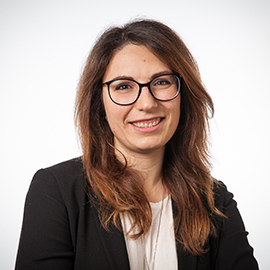
Laura Ferranti is Assistant Professor at Delft University of Technology, faculty of Mechanical, Maritime, and Materials Engineering, Learning and Autonomous Control Group of the Cognitive Robotics (CoR) Department. Laura received the M.Sc. degree in Control Engineering from the University of Rome “Tor Vergata”, in 2012, and PhD from TU Delft in 2017. She was a visiting scholar in the Automatic Control Laboratory at EPFL (2016) and in the Model Predictive Control Group at UC Berkeley (2019). Her research interests include numerical optimization and optimal control, model predictive control, reliable control, and human-aware multi-robot motion planning with application in flight control, maritime transportation, robotics, and automotive. In REMARO, Laura will co-supervise the PhD candidate on “Metacontrol for reliable autonomous operation of underwater robots.”
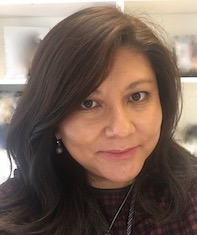
Silvia Lizeth Tapia Tarifa is a senior researcher at Department of Informatics, University of Oslo in Norway. Her main research area is formal methods for parallel and distributed systems. She brings expertise in concurrent executable modelling and analysis to REMARO. In her work, she is contributing to the use and extension of formal languages to support model exploration and analysis of functional and non-functional properties (e.g., response time, resource usage, data access locations, etc.). In REMARO, she will supervise a project on model exploration and analysis for fault tolerance in self-reconfigurable control systems.
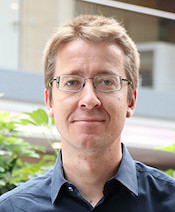
Peter Kampmann is currently with the ROSEN group as a team lead for subsea research and development located in Bremen, Germany. He has experience in robotics, deep-sea technology and multi-modal sensing technology for autonomous manipulation. His research focus is safety in autonomous decision making driven by multi-modal sensing and reasoning as well as complexity reduction in system integration. In REMARO, I will co-supervise the research questions on environment representation for autonomous mobile robots, formal methods as well as verification of plans for autonomous robotic systems.
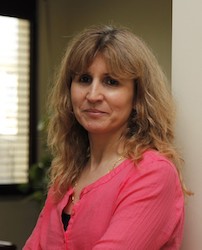
Ana Maria Madureira, professor of Computer Science under the Informatics Engineering degree at ISEP/P.Porto, expert on software engineering, optimization, and machine learning. Ana has worked with Optimization and AI Techniques in design of intelligent systems based on nature-inspired computation, including, meta-heuristics, evolutionary computation, MAS, autonomic computing, machine learning, user modelling, and decision support systems. In REMARO, Prof. Madureira will supervise projects on Technical AI Safety and safety engineering patterns to support the design of intelligent systems under uncertainty.
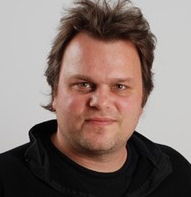
Einar Broch Johnsen, professor of computer science at University of Oslo, expert on formal methods and programming language theory. He has experience with modeling languages (including the design of the ABS language), formal semantics, software evolution, actors and distributed systems, virtualization and cloud systems, deductive verification, executable models and symbolic execution. In REMARO, Einar will supervise projects in formal methods and semantics for AI in robotics systems.
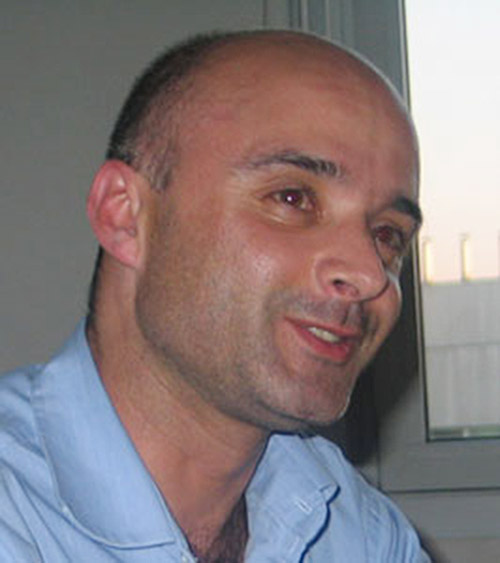
João Tasso de Figueiredo Borges de Sousa is professor at the Electrical and Computer Engineering Department at Porto University and the head of Underwater Systems and Technologies Laboratory. His research interests include autonomous underwater, surface and air vehicles, planning and execution control for networked vehicle systems, optimization and control, cyber-physical systems, and applications of networked vehicle systems to the ocean sciences, security, and defence. He received BES Innovation National Award (2006), an outstanding teaching award from Porto University (2008) and IEEE Ocean Engineering Society mid-career Rising Star award (2018).
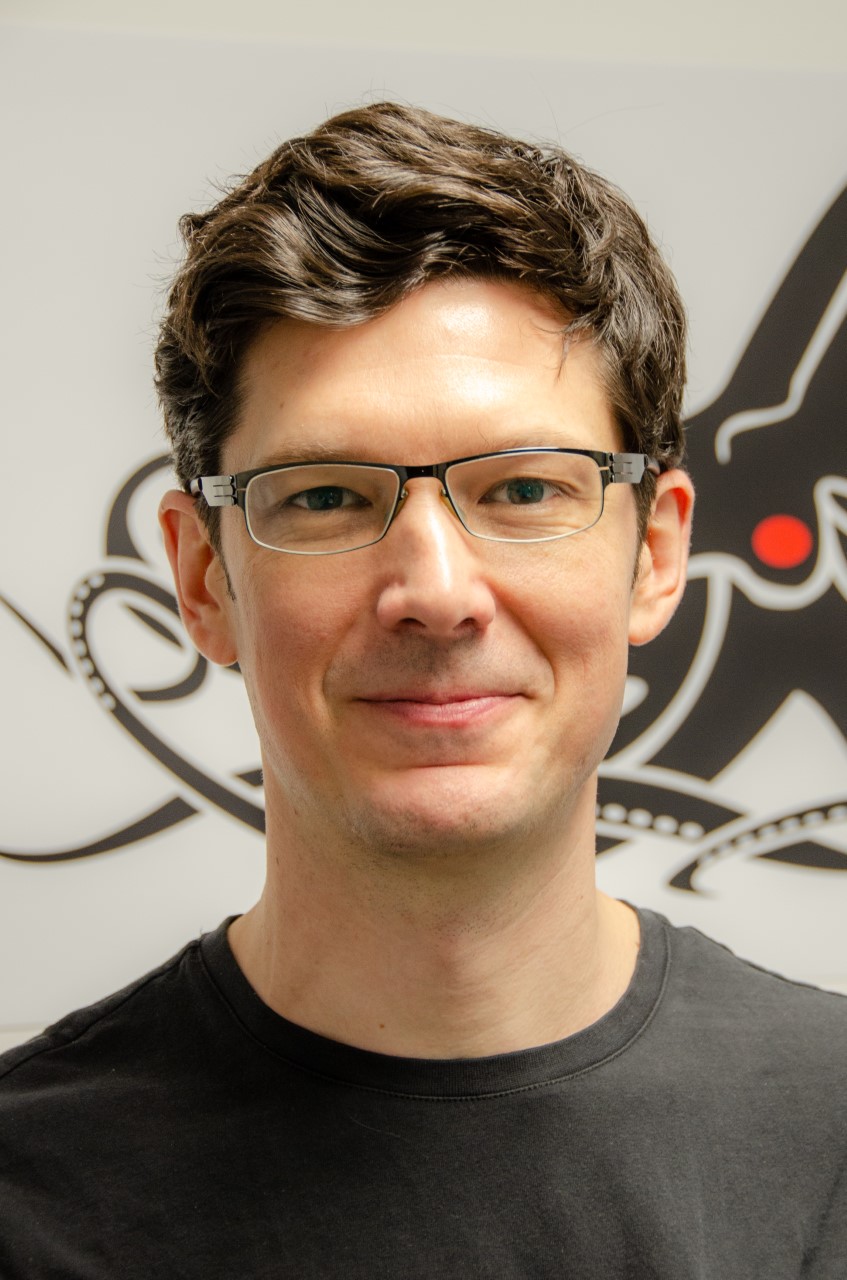
Jakob Schwendner is the managing director of Kraken Robotik GmbH and involved in the development of the SeaVision(TM) system at Kraken. Over 15 years of experience in the field of robotics. Jakob has worked at DFKI for 10 years and was leading the autonomy team for 3 years. Application areas at the DFKI have been mainly in the space and underwater robotics domain. He has participated in multiple research cruises and field campaigns. Jakob has a PhD in the area of navigation and sensor fusion using probabilistic methods.

Erika Abraham is full professor in computer science and leads the research group Theory of Hybrid Systems at RWTH Aachen University, Germany. Her research focus is on formal methods for the analysis and synthesis of systems, whose behavior includes discrete as well as continuous evolution (hybrid systems) or uncertainties (probabilistic systems). As a background technology, she has strong expertise on
automated technologies to solve logical formulas (SAT and SMT solving) and optimization problems. In REMARO, she will supervise projects on the application of formal methods to make underwater robots safer.

Erik Stensrud, senior principal scientist at DNV GL’s research department, and former adjunct professor in strategy and digitalization at BI Norwegian Business School. He is currently managing projects aimed at using autonomous drones equipped with computer vision and other senses for inspecting ship tanks which are dirty and dangerous environments for human inspectors. In these projects, we investigate the use of AI in safety critical applications. Previously, he has researched on many software engineering topics, including software dependability and software economics.
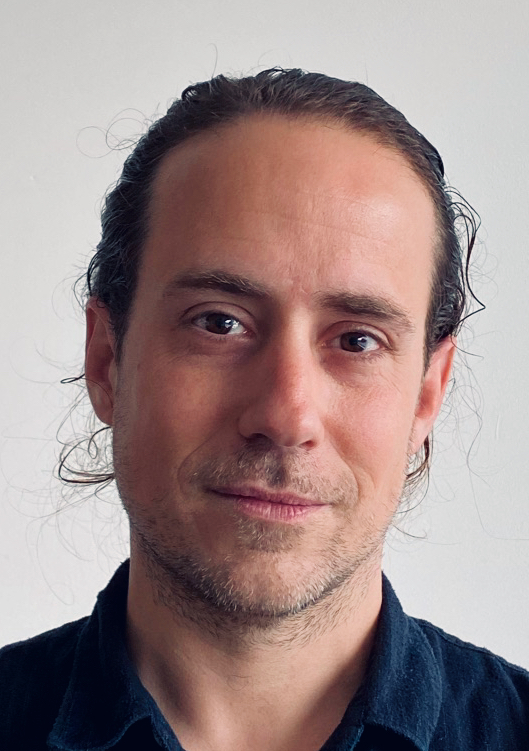
Manuel Mazo Espinosa (aka M. Mazo Jr) is an Associate Professor at the Delft Center for Systems and Control, TU Delft, The Netherlands.
His research focuses on formal (symbolic) methods for analysis and control of hybrid systems, with a particular focus on networked control systems. In REMARO, he will supervise projects on the application of control and estimation methods in underwater robotics.
| Luís Madureira |

REMARO has received funding from the European Union’s EU Framework Programme for Research and Innovation Horizon 2020 under Grant Agreement No 956200
 REMARO REMARO
REMARO REMARO